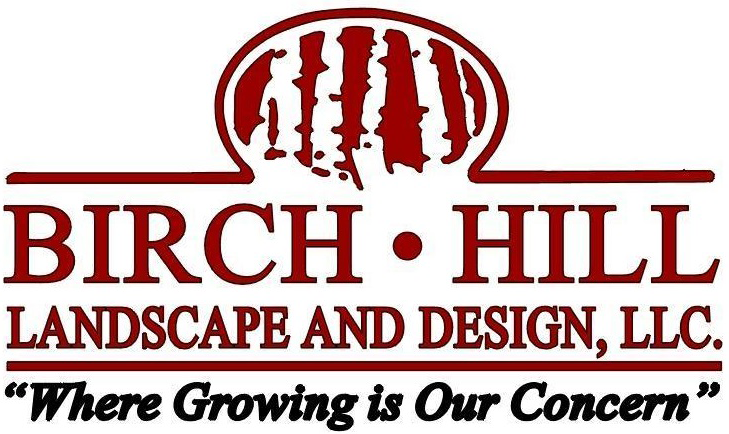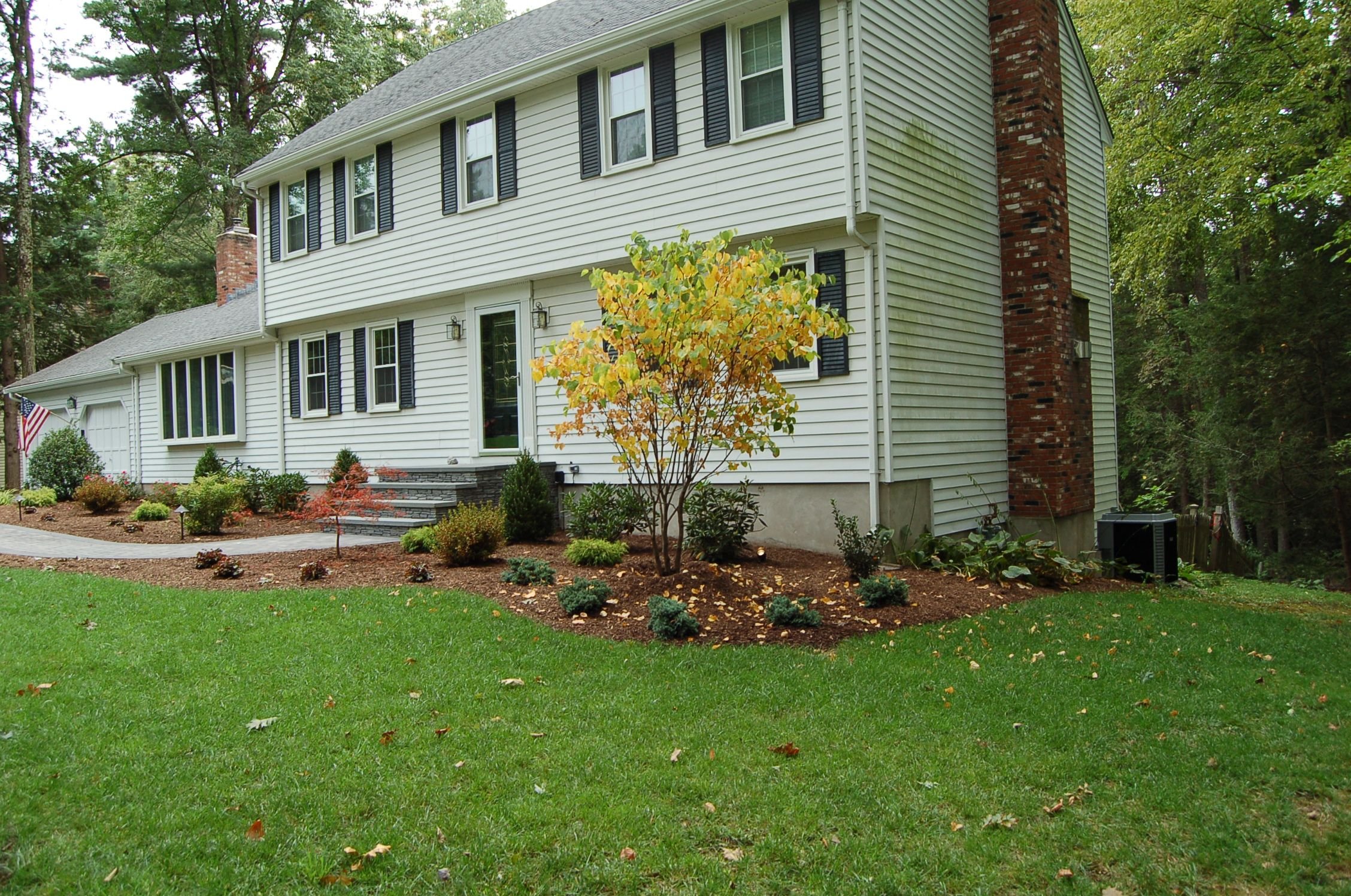If you’re ready to refresh your landscaping in the Glastonbury, CT area, it may be time for new mulching. Mulching can not only help your greenery flourish but can also add a beautiful visual that brings new life to your outdoor space. When choosing the right mulching, there are some considerations to make: In addition to the functional aspect of mulching, there are many different types and colors that can add a different aesthetic to your outdoor space.
What’s Your Landscaping Concern?
When thinking about mulching, it’s important to identify what your primary concern is. If you are tired of spending beautiful days battling with the weeds in your garden bed, that may be a different type of mulch than if you are most interested in providing long-lasting nutrients to your plantings. If you want to infuse nutrients into your greenery, you’ll likely need to look at organic mulch.
As organic mulch sits around plantings, it has been shown to release nutrients as it slowly decomposes and is soaked up by the ground and surrounding root systems. Organic mulch won’t overheat your plantings, but can introduce unwanted pests, like weed seeds or insects. One of the most common types of organic mulch that is also aesthetically pleasing are those derived from wood, like wood chips or tree bark. One thing to be aware of is that organic mulch does require regular replacement more often than other types of mulching, so you want to get on a regular schedule of landscape maintenance
Inorganic mulches can reduce the need to replace them regularly because of the sturdy materials they are created from. Inorganic mulch will not decompose on their own at the same rate as organic mulch, making them nice for set-it-and-forget-it landscaping areas. Inorganic mulch, like river rock or rubber pellets, can be great for weed mitigation and can often have a more formal appearance. The nature of inorganic mulch does mean that it can inhibit the flow of water and air, unintentionally starving plantings of much-needed elements. Regardless of which mulch you choose, either will offer many of the same benefits. Mulch can help keep soil moist, keep temperatures consistent, prevent growth, reduce erosion, and create a visually appealing area around your plantings.
What Are Some Mulching Options?
One of the most common types of mulch, wood chips, is made from the trunks and branches of trees. Wood chips can come as regular chips or colored with a garden-safe dye. This organic mulching is not only good for your soil, but the larger chips create an aesthetically pleasing visual that can make the landscape design look professionally done.
You can also include a combination of different mulching to meet different needs. If you have hardy plants along your front walkway and are looking strictly for weed medication, pea gravel or pumice rock, make for beautiful mulchings that can create an artfully styled entryway. While your front yard plantings may not need any nutritional support, you may have flower beds and trees in your backyard that could use the extra boost of nutrients that organic mulch can bring. By mixing and matching, you can use different types of mulch to create a gorgeous space that keeps your plants thriving.
About the Author
Birch Hill Landscape & Design is a full-service, woman-owned, family-run design/build contractor that has been serving residential and commercial customers in the Central Connecticut area for over 30 years. When you see our work vehicles, you know that another satisfied customer is benefiting from our experience, passion, and commitment to quality!


